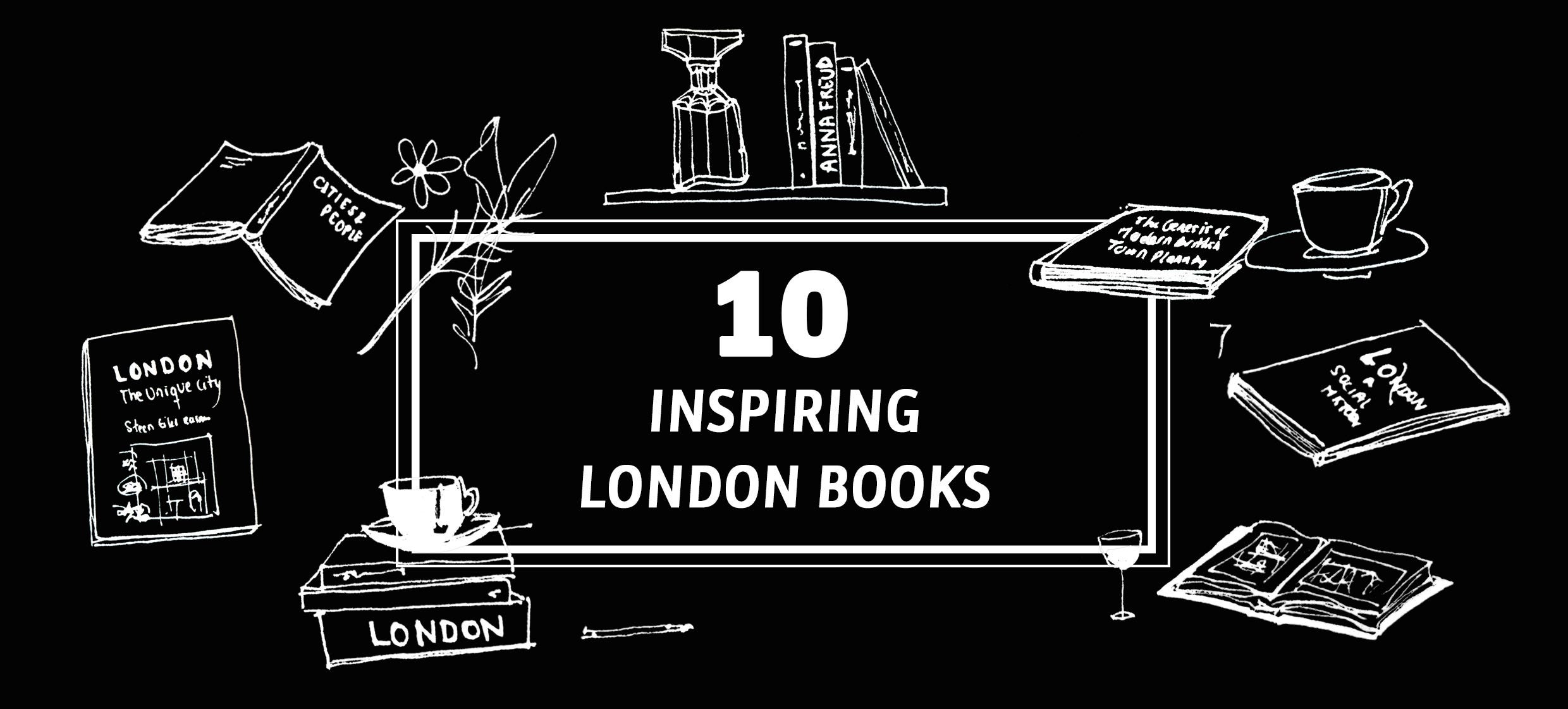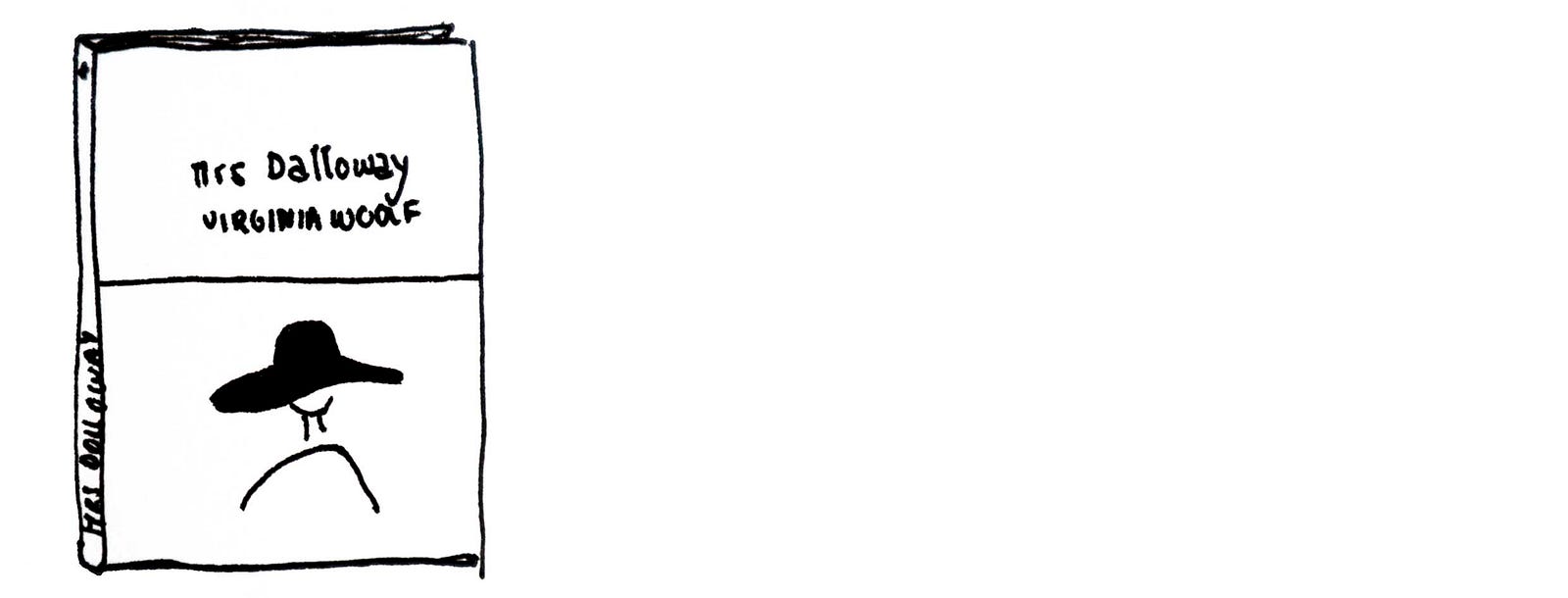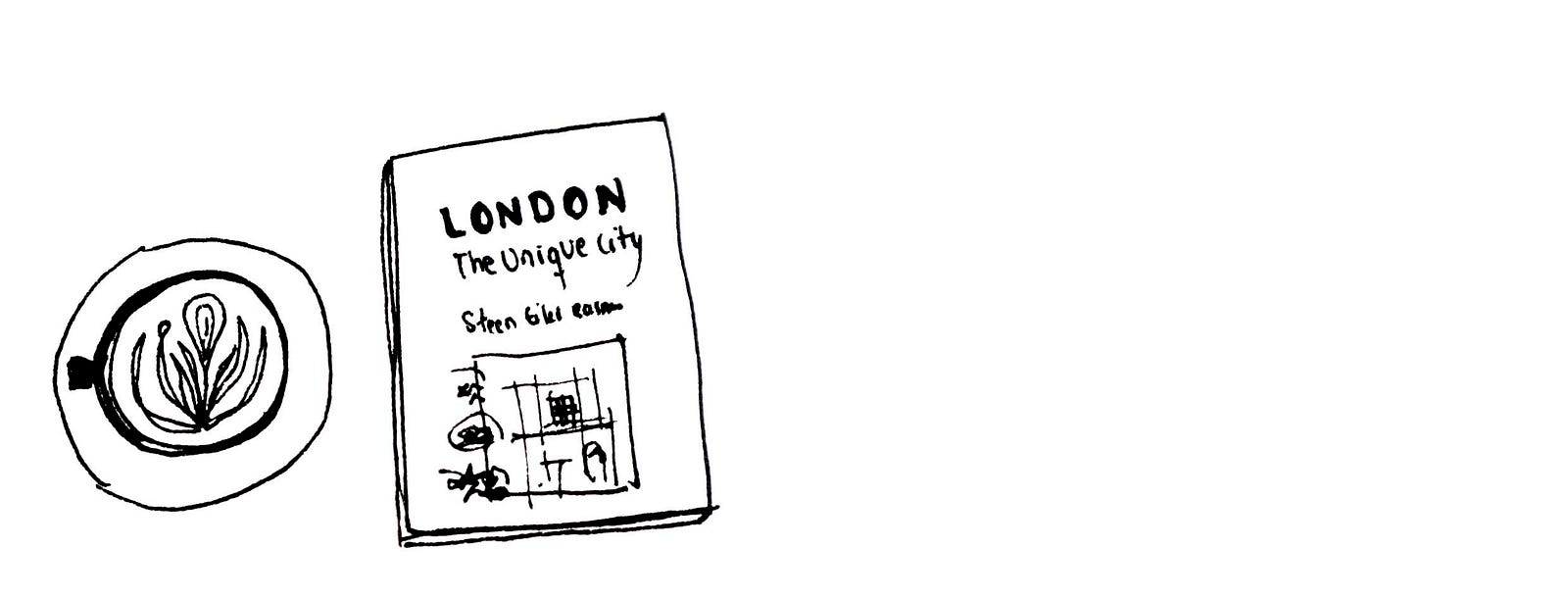10 Inspiring London Books To Read In Quarantine

Perhaps more than any other period in our recent history, we are all going to be spending a lot more time indoors. Whilst this might come with uncertainty, it also presents an opportunity to enjoy one of life’s greatest pleasures: reading.
As people who are constantly searching for fascinating material on the topics of architecture, urban planning, history and more specifically London, we’ve come across some really impressive books on those subjects. During these challenging times, a good read can provide the insight, direction and cultural entertainment that you need.
Therefore, we wanted to share with you the stories that could change the way we think about the world, London and architecture in general. This is a list of books that are insightful and beautifully written. And we promise it will be hard to put them down.
We hope that by exploring this list, and sharing these titles with others, you’ll better deal with these uncertain times of isolation, wherever you are in the world.
For more great and inspiring books, check pages 326 to 327 of our London Guide .

1. The Diary of Samuel Pepys by Samuel Pepys (1660–1669)
This fascinating set of journals, now open to everyone, were written by Samuel Pepys, an administrator of the navy of England during The English Restoration period. Things that happened in his lifetime? The Great Plague of London (1665–66), the Great Fire of London (1666) and, last but not least, the execution of Charles I in 1649 (the only English king who died in the hands of his citizens). Why is his diary so amazing? Because he describes life in detail and we can understand what society looked like back then. If you want the printed version of the book, start with the year that is most exciting to you. We thought 1666 was pretty juicy.
Why should you read it? It’s an insightful account of 17th-century life.
Type: Diary

2. Mrs Dalloway by Virginia Woolf (1925)
In her fourth novel, Mrs Dalloway (1925), Virginia Woolf took on the subject of the English middle classes in the aftermath of the First World War (1914–18). On a June morning in 1923, Clarissa Dalloway is preparing for a party and remembering her past. Elsewhere in London, Septimus Smith is suffering from shell-shock and on the brink of madness. Their days interweave and their lives converge as the party reaches its glittering climax. This novel could very well be true as some of the topics that are discussed — transformations in gender roles, sexuality and class divisions to new innovations such as cars, airplanes and cinema — were beginning to gain momentum in the 20's.
Why should you read it? An interesting story set between two wars, but nobody knew another war was about to burst, not even the author.
Type: Novel

3. London: The Unique City by Steen Eiler Rasmussen (1934)
Steen Eiler Rasmussen (1898–1990), a late architect and urban planner from Denmark, was in love with London. And it’s his admiration for London what really filters through the pages of this study. London: The Unique City discusses London and English social history and manners, describing the city’s growth from its original walls and emphasizing how the lives of its people shaped the character of the city. A key idea contained in the book is that a city’s future can be decisively influenced by self-reliant and culturally aware citizens who take action on behalf of the city, without depending on the public sector.
Why should you read it? This study is a personal observation and enriching analysis regarding London’s urban and architectural development.
Type: Study

4. The Ego and the Mechanisms of Defense by Anna Freud (1936)
On the 6th of June 1938 Sigmund Freud, his wife Martha and his daughter Anna left Vienna for London, they were escaping from the Nazis. Anna, who was 43 at the time, had already published a large number of papers and books including The Ego and the Mechanisms of Defense. The work was a pioneer effort in the development of adolescent psychology. The principal human defense mechanism, she indicated, is repression, an unconscious process that develops as the young child learns that some impulses, if acted upon, could prove dangerous to himself. Similarly to Freud, one doesn’t have to agree with everything she says, but we think there are some very valuable points in this book.
Why should you read it? Anna Freud lived in London for a long time and she conducted her research in what is now the Freud Museum London.
Type: Psychology paper

5. The Genesis of Modern British Town Planning by William Ashworth (1954)
This little known book was the bible of British urban planning of the 19th and beginning of the 20th centuries. In this study, Ashworth discusses the economic and social factors in town planning, growth processes (with numbers and data) and the impact all of them had in Britain. Cities like Manchester and Birmingham — built as a result of the theories and utopias of new model villages — are analysed and compared in detail. Why is this book so amazing? Because we can learn more from analysing the past than from projecting the future, especially in urban planning.
Why should you read it? To understand how urban planning utopias in Britain were conceived and check for yourself what has and hasn’t been achieved over time.
Type: Urban planning study

6. Cities & People: a Social and Architectural History by Mark Girouard (1974)
This social and aesthetic history of the world’s major cities from antiquity to the present focuses on crucial periods of the cities’ past and examines their architecture in light of the men and women who used it. What is really fascinating is to compare Istanbul and London, Paris and Vienna and realise the things they have in common. It will make you think on how to compare London, for example, to other cities not mentioned in the book, and project some key aspects that could improve it.
Why should you read it? The illustrations, paintings and photographs are delightful
Type: Historical

7. London: A Social History by Roy Porter (1994)
It’s hard to find good history books on cities, especially London. As a matter of fact, very few authors are impartial, focus on what really matters and tell a compelling story while being entertaining. Roy Porter is a genius in all this, trust us, we’ve read plenty of history books and this one is on top of all lists. Well documented, with relevant data, curious information and beautiful language, this book is the one if you want to finally read about London’s history in one go.
Why should you read it? This is the best history book about London. Full stop.
Type: Historical study

8. London: A Novel by Edward Rutherfurd (1997)
A master of epic historical fiction, Edward Rutherford gives us a sweeping novel of London, a glorious pageant spanning two thousand years. This heavy book charts the history of London from 54 B.C. to 1997. Beginning with the birth of the River Thames, Rutherfurd (whose real name is Francis Edward Wintle) tells the stories of generations and generations embodying the passion, struggle, wealth, and verve of the greatest city in the Old World.
Why should you read it? It’s so long and heavy that it will keep you weeks entertained in your sofa
Type: Historical novel

9. Maps of London and Beyond by Adam Dant (2018)
Because we love maps, we couldn’t leave this one out. A spectacular, large-format collection of Adam Dant’s fine art maps giving a unique view of our history and life today. Adam Dant, artist and cartographer, has a unique way of displaying information and this book, with its intricate illustrations will not only delight your eyes, but will also make you reflect and think, question and reframe.
Why should you read it? His maps are delightfully informative and visually stunning.
Type: Illustrated book

10. Architectour London Guide by Virginia Duran (2019)
An illustrated city guide of London that will inspire your adventures one page at a time. Find the most important locations of London — known and unknown — and learn more about their historical significance, the fun facts about the architects in charge and the things you haven’t read anywhere. As it has no photographs, you won’t spoil your first impression. Is it bad that we recommend our own book? We do think it’s the best architecture guide about London in the market, and we’ve worked very hard to publish it.
Why should you read it? To discover amazing places and great fun facts
Type: City Guide
